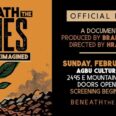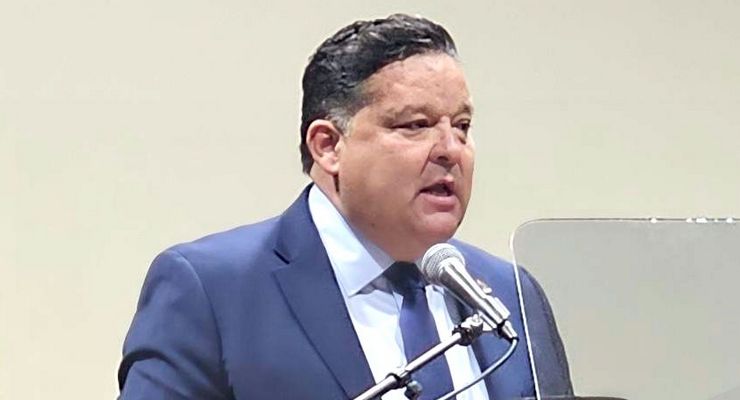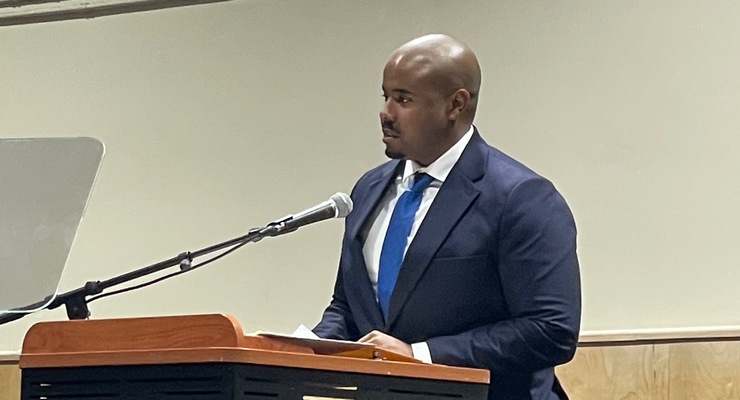
The Reconnecting Communities 710 Advisory Group met Monday night in City Council chambers to discuss organizing concepts for the redevelopment of the 710 freeway stub in Pasadena. The meeting focused on key principles presented by design firm Perkins Eastman.
Pasadena’s Strategic Senior Project Manager for the 710 freeway stub planning Wendy Macias introduced the discussion by referencing the City’s General Plan. She emphasized the importance of aligning the project with Pasadena’s broader planning goals and objectives.
“We wanted to bring this back and allow you guys to have a discussion,” Macias said, referring to the organizing concepts presented by Perkins Eastman in May.
The Advisory Group examined six main organizing concepts: physical reconnection, place creation, community cohesion, economic vitality, ecosystem health, and community health. These principles aim to guide the transformation of the former freeway land.
Several Advisory Group members suggested additions to the organizing concepts. Remy De La Peza advocated for a more people-centered approach throughout the planning process.
“How do we continue to frame all of these concepts in a very people-centered way?” De La Peza asked, emphasizing the importance of considering individual experiences and community impact.
Jasmin Shupper proposed adding “restoration” as a seventh concept, highlighting the need to address the historical context of the site. She suggested the project should “write a different narrative” and honor the legacy of displaced communities.
The group discussed adding “restoration” or “restorative justice” as a potential seventh organizing concept. Members emphasized the importance of acknowledging the area’s history and addressing past injustices in the project’s planning.
Chair Danny Parker urged the Group to use creative thinking and unique solutions that could set Pasadena apart.
“Let’s do something different. We’re not looking for a cookie cutter, another suburban shopping center, but what can we do that puts a Pasadena stamp on this once-in-a-lifetime opportunity and to be constrained only by our imaginations and our individual and collective creativity,” Parker said.
The discussion also touched on practical concerns, such as transportation infrastructure and economic feasibility.
Jose Luis Correa raised questions about balancing different modes of transportation, including e-bikes and scooters, in the project area.
Vaughan Davies of Perkins Eastman assured the group that the organizing concepts would remain flexible throughout the planning process. He emphasized the iterative nature of the project and the need for ongoing evaluation.
“I think we need to revisit those every time we present you with options or ideas,” Davies said, referring to the organizing principles. “They become a way of you evaluating those options and the ideas that we bring to the table.”
Davies further explained that the organizing concepts were not set in stone and would likely evolve as the project progressed. He encouraged the Advisory Group to continue refining and adjusting these concepts as they learned more and received community feedback.
The Advisory Group is set to continue discussions on these concepts in future meetings.
The next regular meeting is scheduled for July 17, at which members expect to also receive a full report on recent community engagement efforts.

















